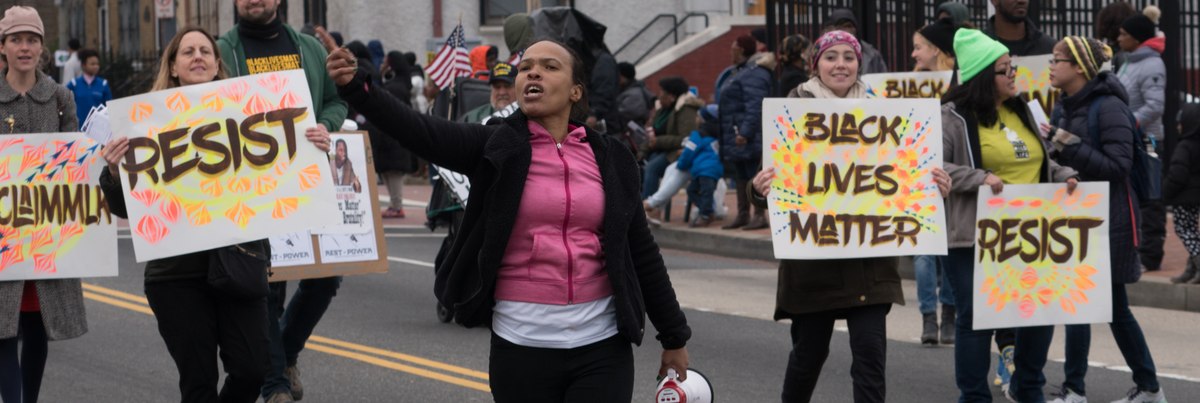In the United States, black people have long been suffering from racial disparities and persistent inequality due to long-term discrimination and ill effects of slavery, making it difficult for African Americans to move along.
President of Race Forward Glenn Harris says, “Systemic racism is the complex interaction of culture, policy, and institutions that holds in place the outcomes we see in our lives.”
Also called structural racism or institutional racism, systemic racism has led to disparities in many “success indicators,” he says, including “wealth, health, criminal justice, employment, housing, political representation, and education.”
Race Forward: The Center for Racial Justice Innovation is a nonprofit racial justice organization. Its mission is to build awareness, solutions, and leadership for racial justice by generating transformative ideas, information, and experiences.
Racial disparities start with health. African Americans are almost twice as likely as white Americans to lack health insurance, according to the U.S. Bureau of Labor Statistics, which makes it difficult for them to receive proper medical care.
We have been seeing disparities across a number of chronic diseases, including the ongoing coronavirus pandemic.
COVID-19, the infection caused by the new coronavirus, has killed more than 24,000 African Americans in just a few months, according to the COVID Racial Data Tracker. Black people make up roughly 13% of the overall US population, but they make up to nearly 18% of the population in geographic areas where COVID-19 is spiking.
Experts say that racial discrimination in the US health care system contributes to the stark disparities.
Racial disparities continue into the workforce as well. Black people have a higher unemployment rate than average and are often left out of high-paying jobs. In fact, many African Americans say they have endured racism in their workplaces.
In addition, African Americans are less likely to own a home in the United States than other racial or ethnic groups. Furthermore, they are almost twice as likely to live below the poverty line.
Criminal injustice is yet another problem among black people. A study has found that African American men are 2.5 times more likely to be killed by police than white men.
Besides, African Americans view “political representation as a potential catalyst for increased racial equality,” but voter suppression remains a critical issue. Although there has been increased Black political leadership in the House of Representatives, the Senate only has three Black senators.























